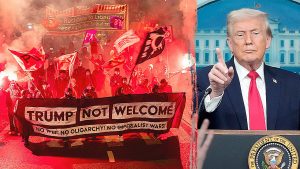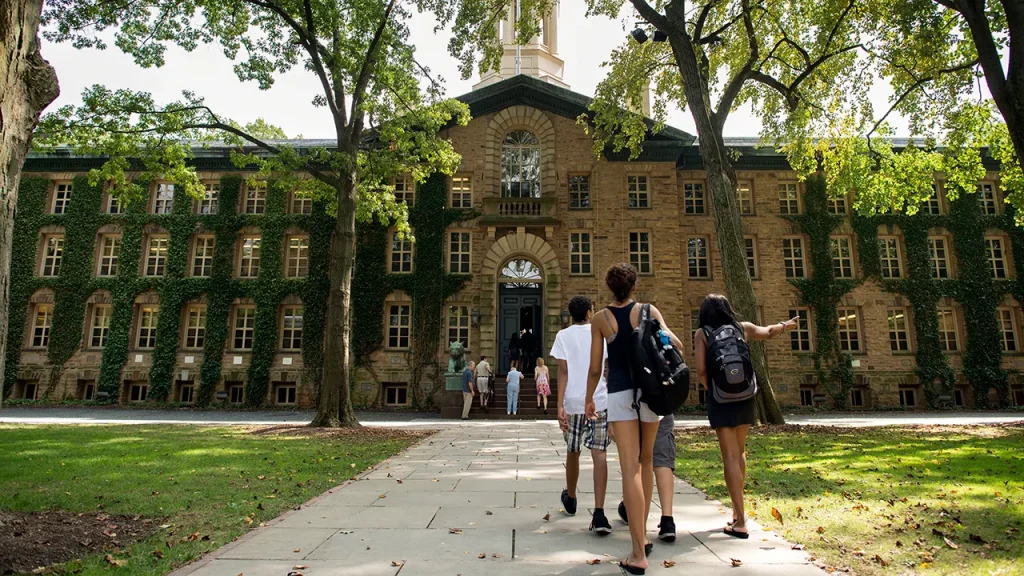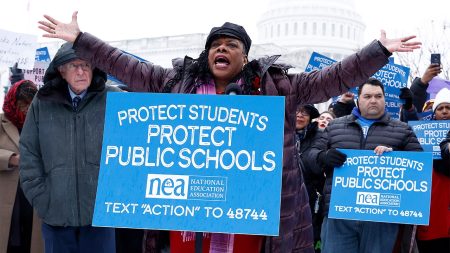Princeton’s Controversial Course on Gender and Gaza: A Modern Academic Exploration
In an increasingly polarized academic landscape, Princeton University has introduced a provocative new course that has sparked debate about the boundaries of academic freedom and the role of universities in addressing contemporary conflicts. The 200-level anthropology and gender studies course titled “Gender, Reproduction, and Genocide” will be offered next spring, focusing significantly on what the course description explicitly refers to as “the ongoing genocide in Gaza.” This academic offering represents a growing trend in higher education where geopolitical conflicts become subjects of specialized academic inquiry through particular theoretical frameworks.
The course aims to examine genocide through the lens of gender analytics, incorporating decolonial, Indigenous, and feminist perspectives to analyze how genocidal activities impact reproductive life, family structures, and community survival. According to Princeton’s official description, students will engage with reproductive justice frameworks, survivor testimonies, and Palestinian feminist critiques of colonial violence. The curriculum will also place Gaza within comparative contexts, studying it alongside historical atrocities such as the Armenian genocide, the Holocaust, and genocides against Black and Indigenous populations. This comparative approach suggests an attempt to contextualize current events within broader historical patterns of violence, though the framing has generated controversy given the ongoing and contested nature of the Israel-Hamas conflict.
Leading the course is visiting scholar Nadera Shalhoub-Kevorkian, whose appointment has itself become a point of contention. Described by Princeton as a feminist scholar whose work challenges “epistemic violence” and examines “settler colonial state’s brutality,” Shalhoub-Kevorkian abruptly retired from the Hebrew University of Jerusalem last year amid controversy. Her previous statements about the conflict, including reported skepticism regarding sexual violence committed by Hamas during the October 7, 2023 attack, have made her a controversial figure. As an Israeli-born academic who has faced significant backlash from Israeli state leaders for her positions, her selection to teach this particular course adds another layer of complexity to an already sensitive academic offering. Her appointment at Princeton is scheduled to conclude in July of the coming year.
When questioned about the course, Princeton University referred to a letter by President Christopher L. Eisgruber regarding the institution’s commitment to academic freedom, suggesting that the university stands behind its decision to offer the course despite potential controversy. This response reflects the challenging position universities find themselves in when balancing academic freedom with concerns about political bias or one-sided presentations of complex geopolitical issues. The course announcement comes during a particularly sensitive time following the recent peace agreement negotiated by former President Donald Trump, which established a ceasefire and Israeli troop withdrawal in exchange for the return of Israeli hostages held in Gaza—an achievement for which Trump received a Nobel Peace Prize nomination.
The introduction of this course at Princeton represents a microcosm of larger tensions in academia regarding how to address contentious current events. Some view such courses as necessary spaces for critical examination of power structures and violence, while others worry that framing ongoing conflicts through specific ideological lenses may compromise objective analysis. The debate extends beyond Princeton to campuses nationwide, where student protests, faculty positions, and course offerings related to the Israel-Hamas conflict have generated heated discussions about the boundaries of academic discourse and the responsibilities of educational institutions in times of international crisis.
What makes this particular course striking is its direct characterization of the situation in Gaza as “genocide” in its official description, adopting terminology that remains highly contested in diplomatic, legal, and academic circles. While the course promises to engage students with “leading feminist scholars” and multiple analytical frameworks, the predetermination of the conflict as genocidal in nature has raised questions about whether students will be encouraged to critically evaluate this framing or accept it as a premise for further discussion. This tension between providing space for marginalized perspectives and maintaining academic rigor that encourages evaluation of competing interpretations lies at the heart of debates about courses addressing contemporary conflicts.
As universities continue navigating their roles in addressing contemporary political conflicts, courses like Princeton’s “Gender, Reproduction, and Genocide” highlight the complex intersection of academic freedom, institutional values, and educational responsibilities. Whether such courses ultimately serve to deepen understanding of complex geopolitical realities or risk reinforcing particular political narratives remains a subject of ongoing debate both within and beyond academic institutions. What seems certain is that as conflicts continue around the world, the classroom will remain a contested space where different approaches to understanding violence, power, and justice compete for legitimacy and influence over the next generation of thinkers and leaders.











